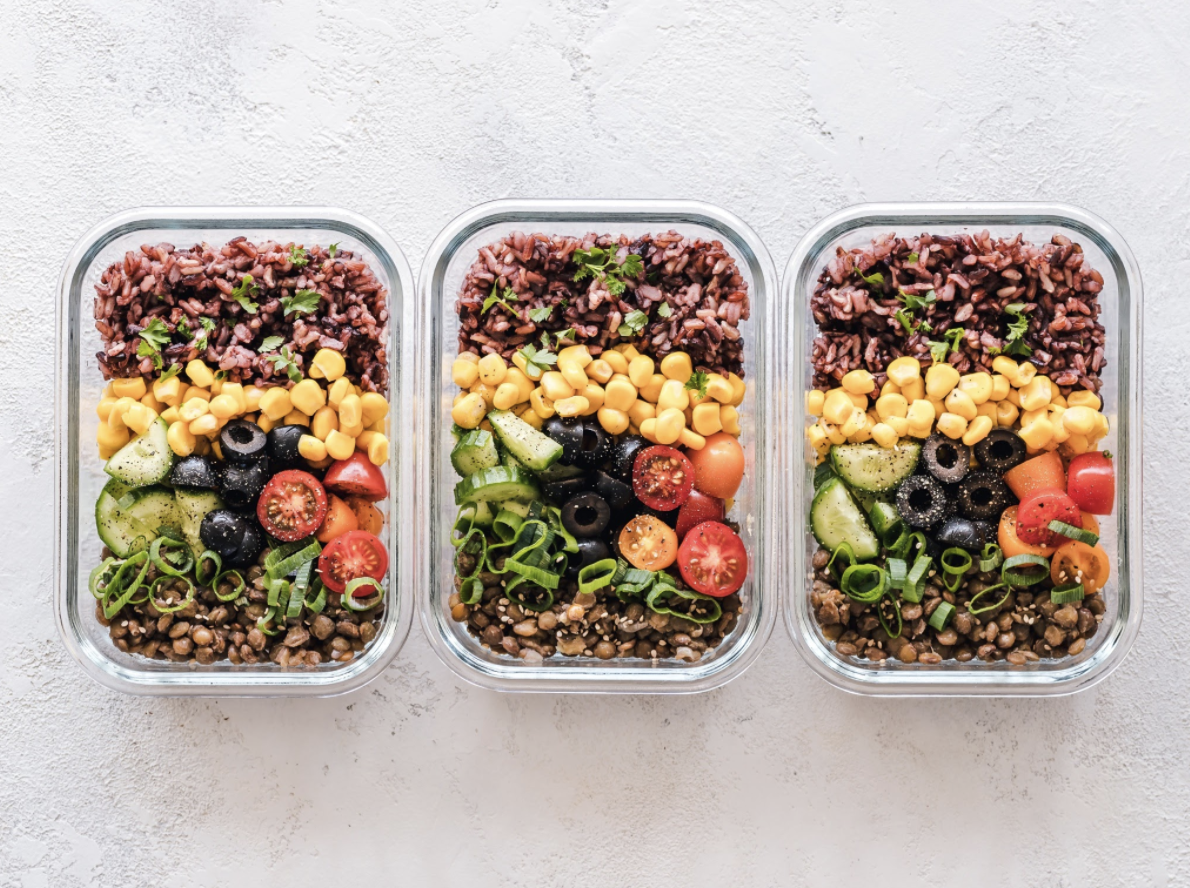Maintaining a healthy diet boils down to finding the right balance between the calories you consume and the energy you use based on your activity level. This ensures your body doesn’t store excess energy as fat, causing weight gain, or lack the necessary energy, leading to weight loss. Diversifying your food intake is crucial for a well-rounded diet. It ensures your body receives all the essential nutrients. Here’s a breakdown of 7 ways to eat more healthily:
Prioritise High-Fiber Starchy Carbs
Around a third of your diet should consist of starchy carbohydrates like potatoes, bread, rice, and pasta. Opt for higher fibre or wholegrain options such as brown rice or wholewheat pasta, as they’re rich in fibre and promote a longer-lasting feeling of fullness.
Embrace Fruits and Vegetables
Aim for a minimum of 5 servings of diverse fruits and vegetables daily. These can be fresh, frozen, canned, dried, or juiced. Simple swaps like adding fruit to your cereal or substituting snacks with fresh produce can easily fulfil this quota.
Incorporate Fish, Especially Oily Varieties
Fish provides protein and essential vitamins. Try consuming at least 2 servings per week, including oily fish like salmon or mackerel, which are high in omega-3 fats, beneficial for heart health.
Manage Saturated Fat and Sugar Intake
While some fats are necessary, monitoring the type and amount consumed is vital. Excessive saturated fat can elevate cholesterol levels, increasing the risk of heart disease. Likewise, reducing sugar intake from processed foods and beverages lowers the risk of obesity and tooth decay.
Limit Salt Intake
Restrict daily salt consumption to 6g or less, as excessive salt intake can elevate blood pressure, contributing to heart disease or stroke.
Combine Healthy Eating with Exercise
Regular physical activity complements a balanced diet, reducing the likelihood of developing severe health conditions and promoting overall well being.
Never Skip Breakfast
Contrary to the belief that skipping breakfast aids weight loss, a nutritious morning meal fosters a balanced diet. Opt for high-fibre, low-fat, low-sugar options like wholegrain cereal with semi-skimmed milk and fruit for a nutrient-packed start to the day.
By adopting these dietary guidelines, you can create a more healthy eating pattern. This will ensure your body receives the essential nutrients it requires while maintaining a healthy weight and reducing the risk of potential health issues.

